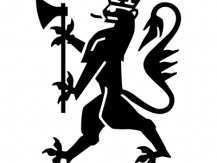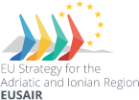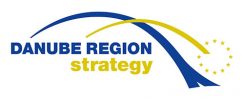Greening and a Holistic Approach: The Future of European Sustainable Tourism
The 24th meeting of the Thematic Steering Group of Pillar 4 of the EU Strategy for the Adriatic and Ionian Region (EUSAIR) on Sustainable Tourism was held in the Albanian city of Durrës. The work of this group is jointly coordinated by the Ministry of Tourism and Sports of the Republic of Croatia and the Ministry of Tourism and Environment of the Republic of Albania.
During the meeting, the European Commission's activities in the field of sustainable tourism were presented, which are being implemented in line with the EU's overarching documents and tourism policies. These activities aim at fostering the green and digital transition of tourism, as well as strengthening resilience and skills in the sector.
One of the new thematic priorities in the upcoming EUSAIR Action Plan for sustainable tourism, expected to be adopted in the first quarter of 2025, will focus on the greening of tourism products and services. This new thematic priority will enable the connection of tourism with agriculture by promoting healthy and authentic food products, Mediterranean cuisine, and a holistic approach to tourism through gastronomy. In alignment with this priority, members will collaborate with colleagues responsible for developing strategic formats to work on new strategic projects in the coming period.
This year's meeting of the Thematic Steering Group emphasized the integration of culture, natural and cultural heritage, and tourism. Accordingly, several compelling examples of best practices were presented. Albania contributed an example of natural heritage in tourism with the Vjosa River National Park project, aimed at creating a national park.
The EU-funded EU4CULTURE project, implemented by the United Nations Project Office and the Ministry of Economy, Culture, and Innovation of the Republic of Albania, is an example of comprehensive cultural heritage revitalization following the earthquake that struck Durrës in 2019. The project showcased sustainable development programs for heritage through tourism and related services.
An example of digitalization of cultural heritage, the use of heritage digitalization to improve visitor management and develop tourism products, is illustrated through projects from Croatia, such as the Dubrovnik project Respect the City and the Geoportal of Cultural Heritage. Both projects contribute to the preservation of cultural heritage by utilizing innovative technologies.
Pillar coordinators also shared tourism trends based on data from the European Travel Commission (ETC) and the Organisation for Economic Co-operation and Development (OECD). They informed members about opportunities for tourism within the framework of implementing smart specialization strategies in EUSAIR member countries.
The EU Strategy for the Adriatic and Ionian Region comprises 10 member states. Regular meetings of the Thematic Steering Groups provide a platform for sharing information, showcasing best practices, planning future activities, and engaging in constructive discussions about the Strategy’s implementation.
Currently, Greece holds the presidency of the EU Strategy for the Adriatic and Ionian Region. During the meeting, Greece presented its program and priorities for the presidency.
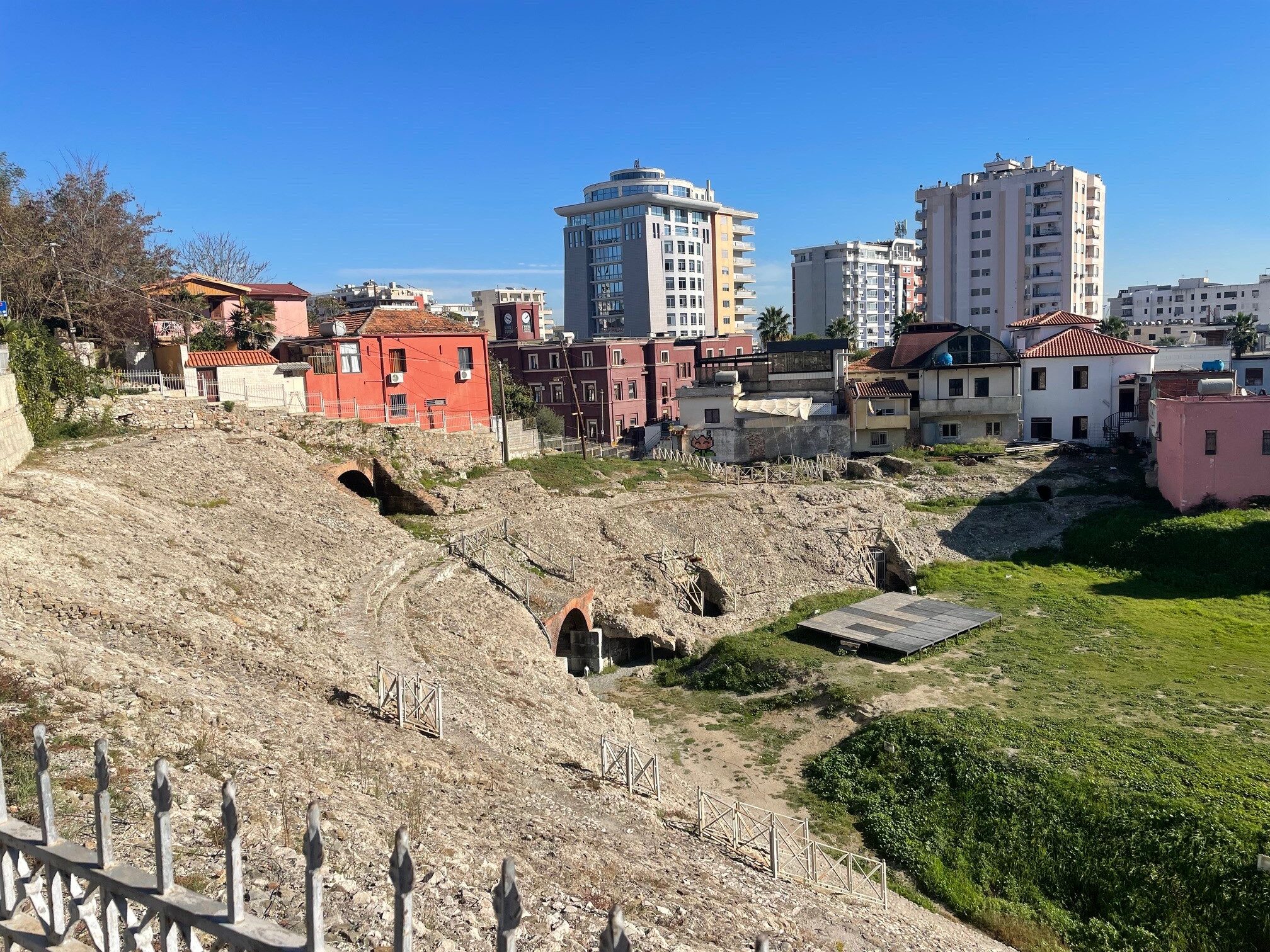


You might be interested in
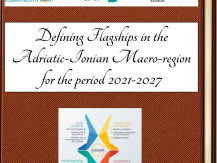
EUSAIR flagships all summed up!
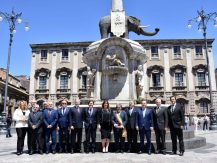
3rd EUSAIR Annual Forum – CATANIA DECLARATION

The Hellenic Republic assumes the Presidency of the EU Strategy for the Adriatic and Ionian Region (EUSAIR) (1 June 2024 – 31 May 2025)
